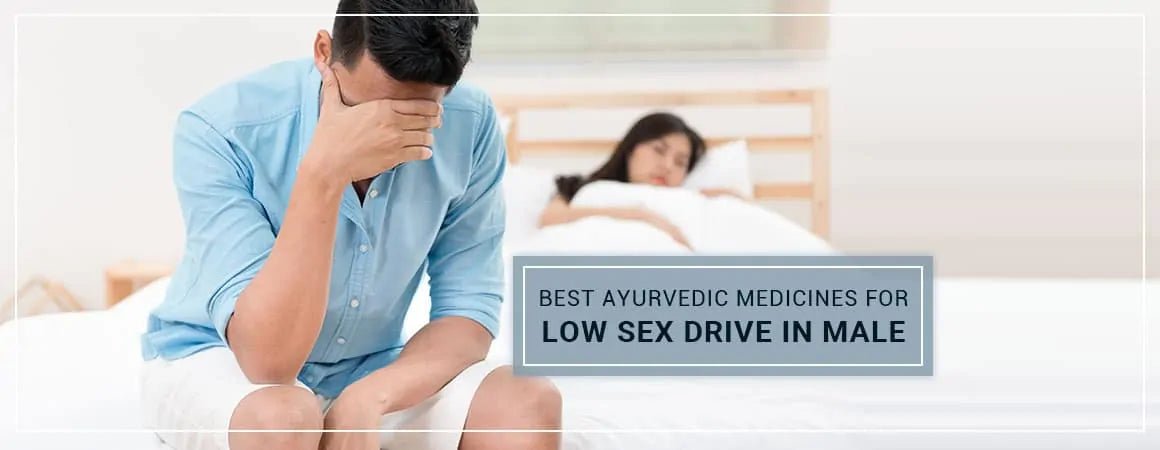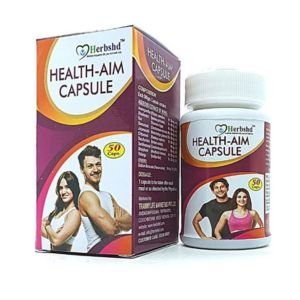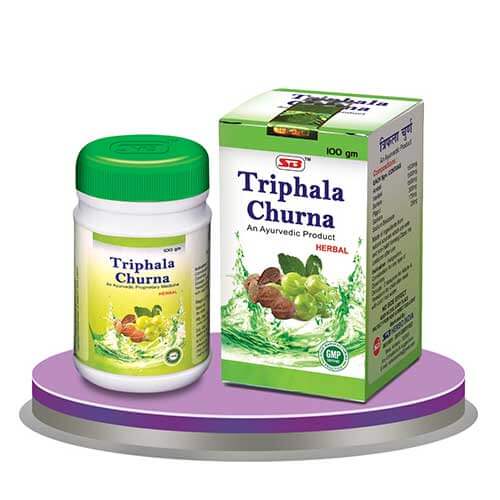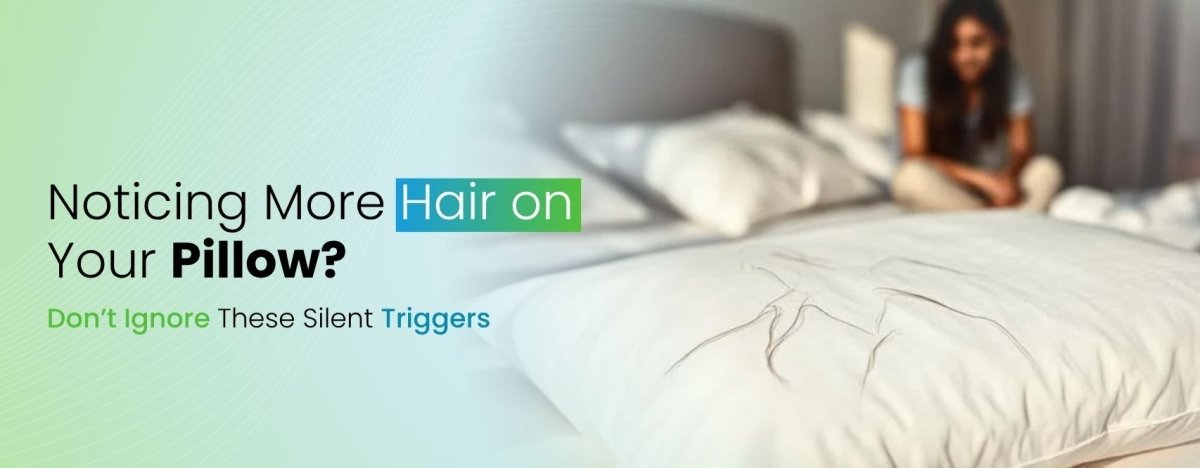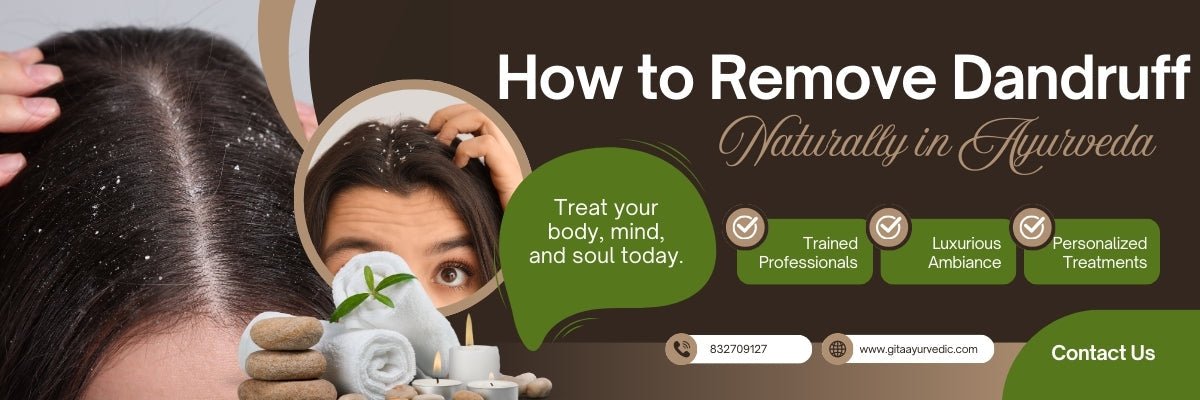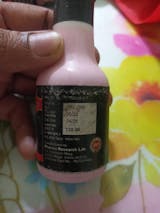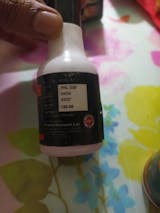What is loss of male libido?
Low libido or low drive refers to a lack of interest in and desire. desire often rises and falls over time for no apparent reason. It is very common for people to lose interest in (low drive or, low libido), from time to time.
What are the symptoms of low libido?
Symptoms of low drive or loss of libido might be:
- having no interest in any type of including masturbation
- rarely or never having fantasies or thinking
- being unhappy with your low desire for activity or thoughts of
What causes low libido?
Low drive can be caused by physical and psychological factors. Your libido can rise due to things like relationship pleasures, good health, fitness, holidays and relaxation.
Your libido can fall due to things in your life like relationship problems, the of a child, stress, overwork, too much or not enough exercise, or personal issues.
Other things that can impact your drive include:
- low levels of the testosterone
- anxiety, depression or fatigue
- being in pain
- some medicines, such as antidepressants, high blood pressure medication and epilepsy medication
- alcohol, smoking or drugs
- some medical conditions like obstructive sleep apnoea or diabetes
- trauma or post traumatic stress disorder (PTSD)
What strategies can help improve my drive?
Several strategies can help improve your drive (libido). Here are some suggestions:
Maintain a healthy lifestyle: Regular exercise, a balanced diet, and sufficient sleep can positively influence your overall well-being, including your libido.
Manage stress: High levels of stress can negatively impact your drive. Find healthy ways to manage stress, such as practicing relaxation techniques (e.g., deep breathing, meditation, yoga), engaging in hobbies, or seeking support from a therapist or counselor.
Communicate with your partner: Open and honest communication with your partner about your desires, concerns, and needs can improve intimacy and enhance your drive.
Explore your fantasies and desires: Engage in personal exploration to discover your own fantasies and desires.
Consider relaxation techniques: Incorporating relaxation techniques into your routine can help reduce anxiety and promote a more relaxed state of mind. This can lead to increased desire and enjoyment. Techniques such as mindfulness, deep breathing exercises, or taking a warm bath before engaging in activity can be helpful.
Address any underlying medical conditions: Certain medical conditions, such as hormonal imbalances or certain medications, can affect libido. If you suspect that a medical issue may be contributing to your low drive, consult with a healthcare professional to discuss solutions or options.
Seek professional help if needed: If you are experiencing persistent or distressing issues with your drive, consider speaking with a healthcare professional, such as a doctor or a therapist who specializes in health. They can provide personalized guidance and explore underlying causes or
What are there for low drive?
Address underlying medical conditions: If a medical condition is causing your low libido, treating that condition may help improve your drive. For example, hormonal imbalances can be treated with replacement therapy, and certain medications that may be affecting libido can be adjusted or changed under the guidance of a healthcare professional.
BUY NOW AYURVEDIC MEDICINE FOR LOBIDO
CLICK THIS LINK & SEE ALL MEDICINE FOR LOBIDO
CLICK HERE-- https://gitaayurvedic.com/search?q=libido&options%5Bprefix%5D=last

